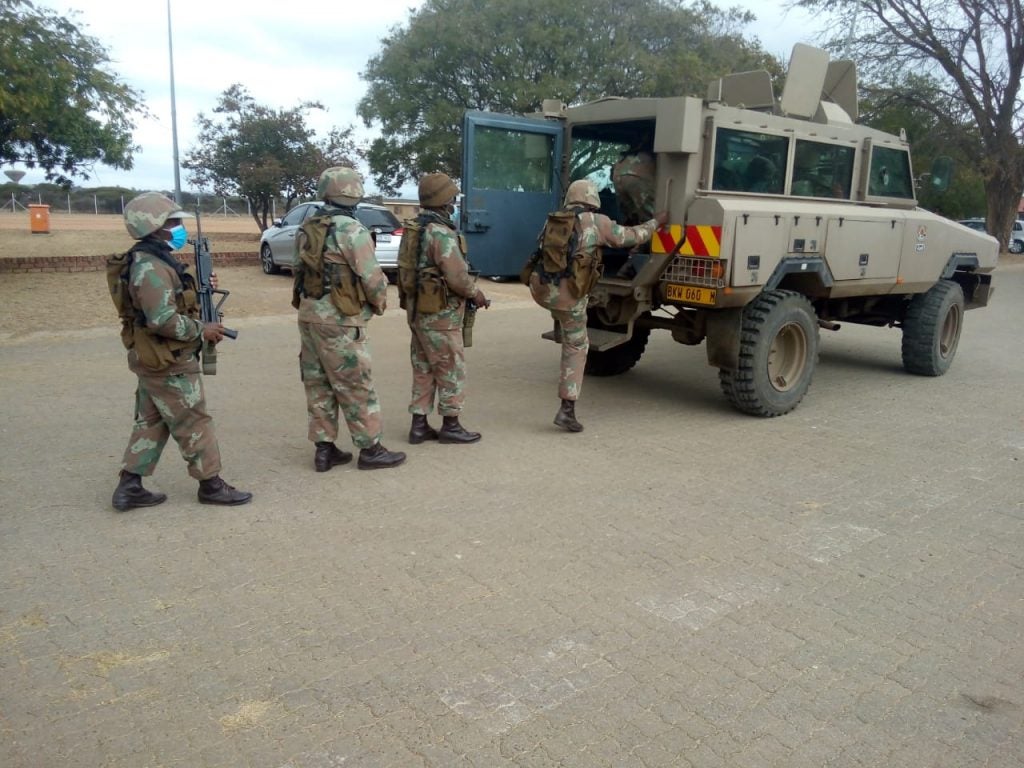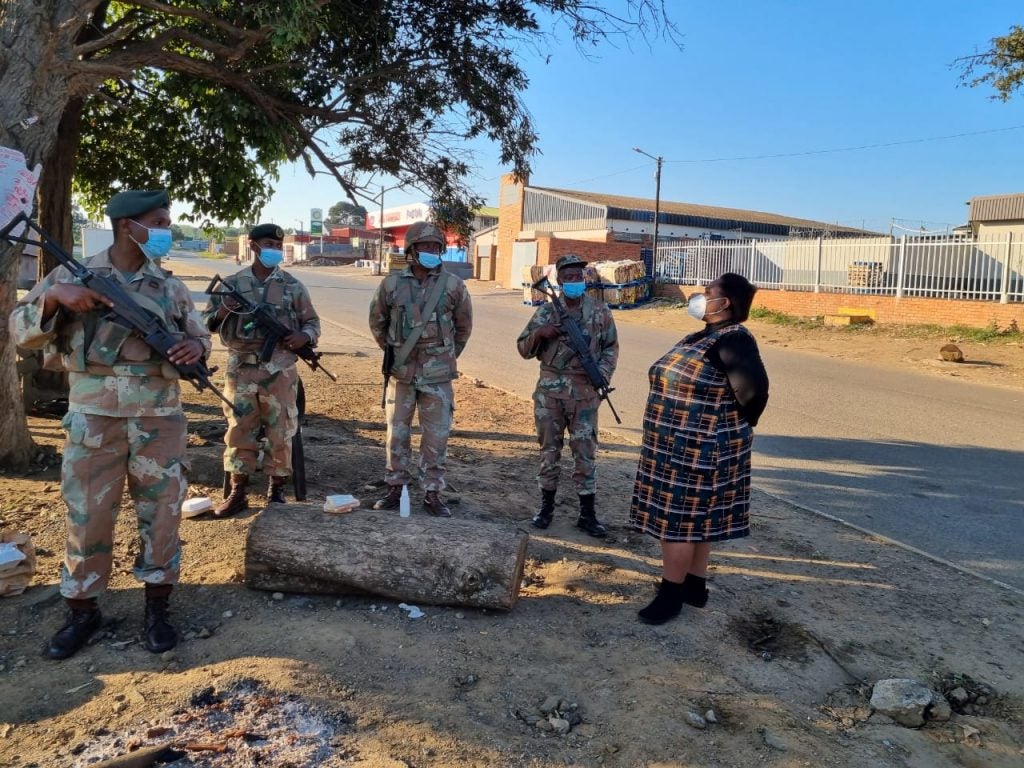Violence Sees South Africa Deploy 25,000 Troops After Zuma Incarceration
The demonstrations have continued since, on 9 July , supporters of former President Jacob Zuma demanded Zuma’s release after he was imprisoned on 16 charges. The demonstrations devolved into looting and violence. According to a government statement, 212 people have been killed and 2,550 people arrested in the country’s Gauteng and Kwazulu Natal regions as a result of looting and violence.
South African President Cyril Ramaphosa stated in his national address that the demonstrations had damaged 161 shopping malls, 11 warehouses, 8 factories, and 161 liquor shops. The majority of the looting and violence took place in Gauteng and Kwazulu-Natal provinces, for a variety of reasons, one of which being that the Zulu people, which President Zuma is a part of, are the majority in these areas.
“It is clear now that the events of the past week were nothing less than a deliberate, coordinated and well-planned attack on our democracy.” Ramaphosa said in a statement.” These actions are intended to cripple the economy, cause social instability and severely weaken – or even dislodge – the democratic state. The president continued to say that the pretext of a political grievance used to provoke a popular insurrection would not be tolerated.
Ramaphosa stated in his speech that the government’s priority is to stabilize the country and begin the reconstruction process, and that the number of soldiers in the field will be increased to 25,000 by the weekend, the largest civil deployment of troops in several decades, and that declaring a state of emergency is the final resort. The president stated that “a state of emergency would allow a drastic limitation of the basic rights contained in our Constitution, which no responsible government would want to do unless it was absolutely necessary.”

Although the protests began when former President Jacob Zuma was arrested, this is not the only reason for the increase in violence and unrest. The protests quickly evolved into a broad anti-poverty uprising. With the influence of Covid-19, the unemployment rate in South Africa reached a new high of 32.6 percent in the first three months of 2021, notwithstanding the fact that half of the population lives below the official poverty line.
As a result of these events, South Africa’s largest companies were forced to suspend operations due to a lack of security, the country’s busiest transportation highways were forced to partially close, and smaller businesses and shopkeepers suffered significant losses as a result of export cuts and riots. Although, Acting Minister of the Presidency Khumbudzo Ntshavheni announced that security forces had taken control of the N2 and N3 motorways, one of the province’s main arteries.
Covid-19 testing and vaccination efforts in the afflicted areas have also been hampered by the unrest. The cost of the rioting and looting to the state has yet to be determined, but it is estimated to be in the billions of dollars.
After two weeks of protests, the army began supplying people and police with food and equipment. People in the province begin queuing early in the morning to obtain basic essentials.
Security officials believe that social media posts are another factor for the increase in attacks. On social media, Mzwanele Manyi, spokeswoman for Zuma’s charity foundation, and Duduzile, Zuma’s daughter, defended some early acts of violence as justified anger. Manyi also told Reuters that violence can be avoided, and that the way 79-year-old Zuma was arrested harkens back to apartheid-era South Africa. Since apartheid ended in the 1990s, the events that started on 9 July have been one of the worst acts of violence South Africa has experienced.

